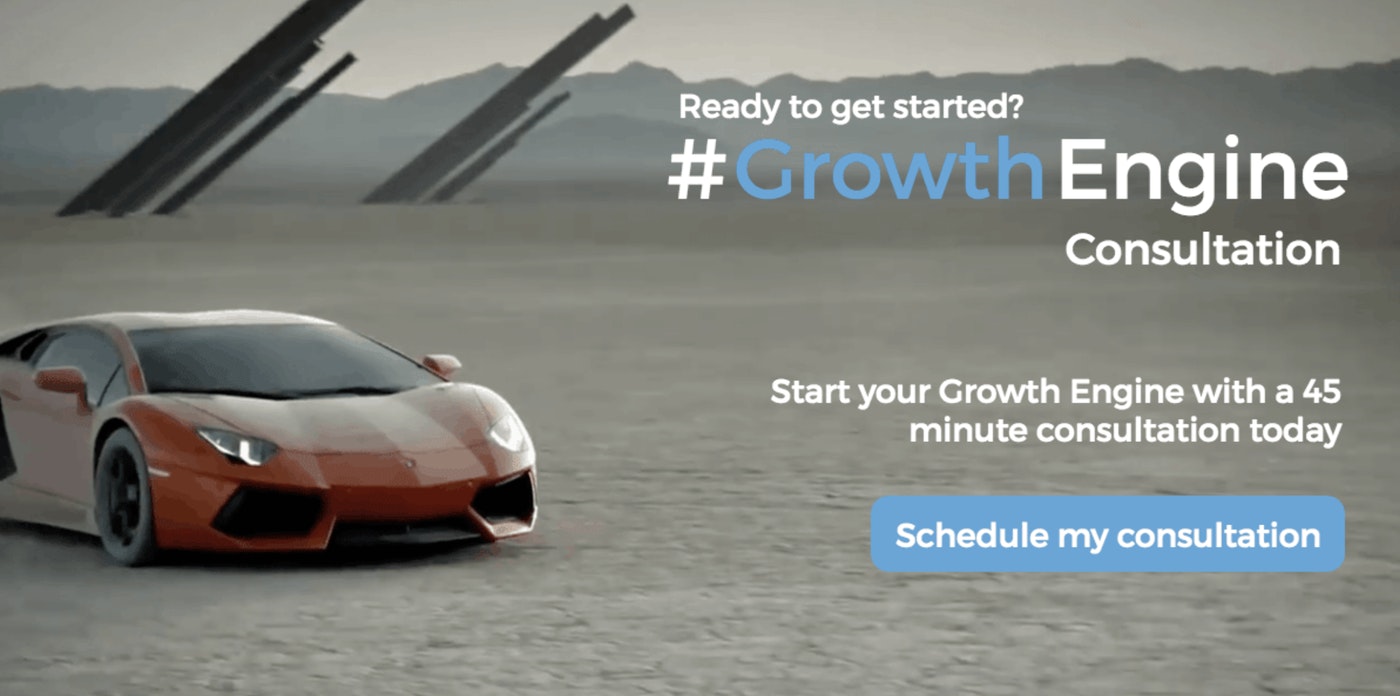
Getting Excited About Your Business Again
Introduction
I want to speak to you about getting excited about your business again.
So I bring this up, I’ve recently met with a client where we undertook our entrepreneur focus workshop.
They’ve sort of been stuck in the mud a little bit and weren’t very clear about personal or business goals.
We took her through the workshop, part of what we do at the end of every one of those sessions, we do video feedback.
Some turn into testimonials, some are just clients sharing what they really thought about it, good, bad, or indifferent, and that’s absolutely fine.
This particular client stood up and said: “I’ve got this excitement in the pit of my stomach, I’m excited about my business again.”
Entrepreneur Workshop
Goals & Preparation
So personal goals.
Then we look at business goals.
What do they want to do with the business?
Again we look at that both strategically and by progression.
Then obviously financially as well.
Revenues they would like to achieve, more bottom-line focused than top-line focused.

Ultimately we get the business goals mapped out and that might be moving to this sector, or we want to take this new product to market, or we want to open up a membership site, or whatever that may be.
Then again we plot those off 12, 24, 36 months.
So once we’ve got those mapped out, both personal and business, then we start to chop it down into realistic quarters, so getting the quarter one done.
What do I need to get done to make sure I’ve got the foundations in place to hit personal or business goals year one?
Because let’s be realistic, if you’re going to miss year one, year two and year three are going to be really steep curves to catch up.
So it’s important that we track that by quarter goals, half year goals.
So once the goal planning’s set out of the way, they are left with some tasks, obviously, to go away and build out on those.
We can give them the core fundamental framework, and these have to be specific.
Have to be specific by time, by the physical amount of money, by the physical release of a product, maybe personally what they want to achieve.
No good having goals that aren’t specific, and if you pull that into a goal planning calendar, whether it’s a journal or some type of measurement system that we give them, then even better.
Once we’ve done that, we move them on to their customer’s avatar, or persona.
We really get them focused in on who that is.
There’s a technique that we also reference in this, which is the Skip Miller technique.
Whilst we don’t copy it exactly, we make reference to that, we try to provide them with a look on proactive selling.
Proactive selling makes a reference from Skip Miller of the type of person that you will be selling to.
Skip Miller references Greeks, Russians, and Spaniards, and it’s a great way, because if you’re putting a presentation out there where you’re trying to identify the ultimate avatar.
A Greek, by the way, is somebody who is ultimately the owner, the shareholder of the business, the people that run the board, the chairman, it could be that stakeholder.

Decisions
The Russians are the decision makers who run the business day-to-day.
- It could be a managing director
- It could be the purchasing director
Somebody who’s accountable for the result.
Then the Spaniards, they’re the people below the line who don’t really make the decisions, they’re more influencers.
Whatever you sell to them, product or service, it helps them do their day job better.
The Spaniard’s focused on how whatever you sell them makes their life easier features better, basically, Skip Miller says.
Then the Russian is all about the bottom line, return on investment, and then the Greek is all about how much market share or domination that they can get or venture into new verticals.
So if we get them really focused on what type of avatar they are, and that’s a lot more than just who are they, how old are they, where do they live, what do they like, what are their challenges.
Then we get them into a real deep problem-solving workshop which is really heavily focused around what are their surface problems?
What causes them problems every day in and around the service that you provide, of course.
Then how that really transfers into the internal or the realistic problem, what’s the real problem, and then, what’s the rational side of this, why is this happening?
Then finally, we take them through how to position their business, once they know whom they’re sending to, what the problems are, how we can position their business as an expert in the field.
Not to be the person who is we, we, we.
It’s all about the customer, keeping the customer central as the character in this relationship that you have with your customer.
- We really get you to understand how you can position yourself as a business or as an individual if you’re a sole trader, or you’re maybe the face of the business.
- We get you to formulate a strategy that helps this customer overcome the problems.
- We show them how they can take advantage of that strategy and buy the products, take action, a call to action.
- We show them how to identify what success looks like for the customer.
Also if they didn’t take the strategy and they didn’t implement it, what failure would look like, i.e. what the fallback position is, they keep doing what they keep doing.
That’s a full day’s workshop.
There are some strategies there that you could share with your people and that’s how we do that.
By the way, if you are interested in looking at that, you can find out more, just click the box below and you can find out more about our focus workshops.
I decided that if you really get clear about your business, you get clear about yourself, you get clear about what you’re trying to achieve, that’s when our customers start to get.
To quote this client in her testimonial that she gave us afterwards, “Now I’ve got an excitement “in the pit of my stomach I’ve not had for a long time.
“I’m now really clear, really motivated to go forward “and make it happen.”
- Get clear about your business
- Get clear about your goals
- Get clear about your customer
- Get clear about a plan to implement it
Also, have a great week.






